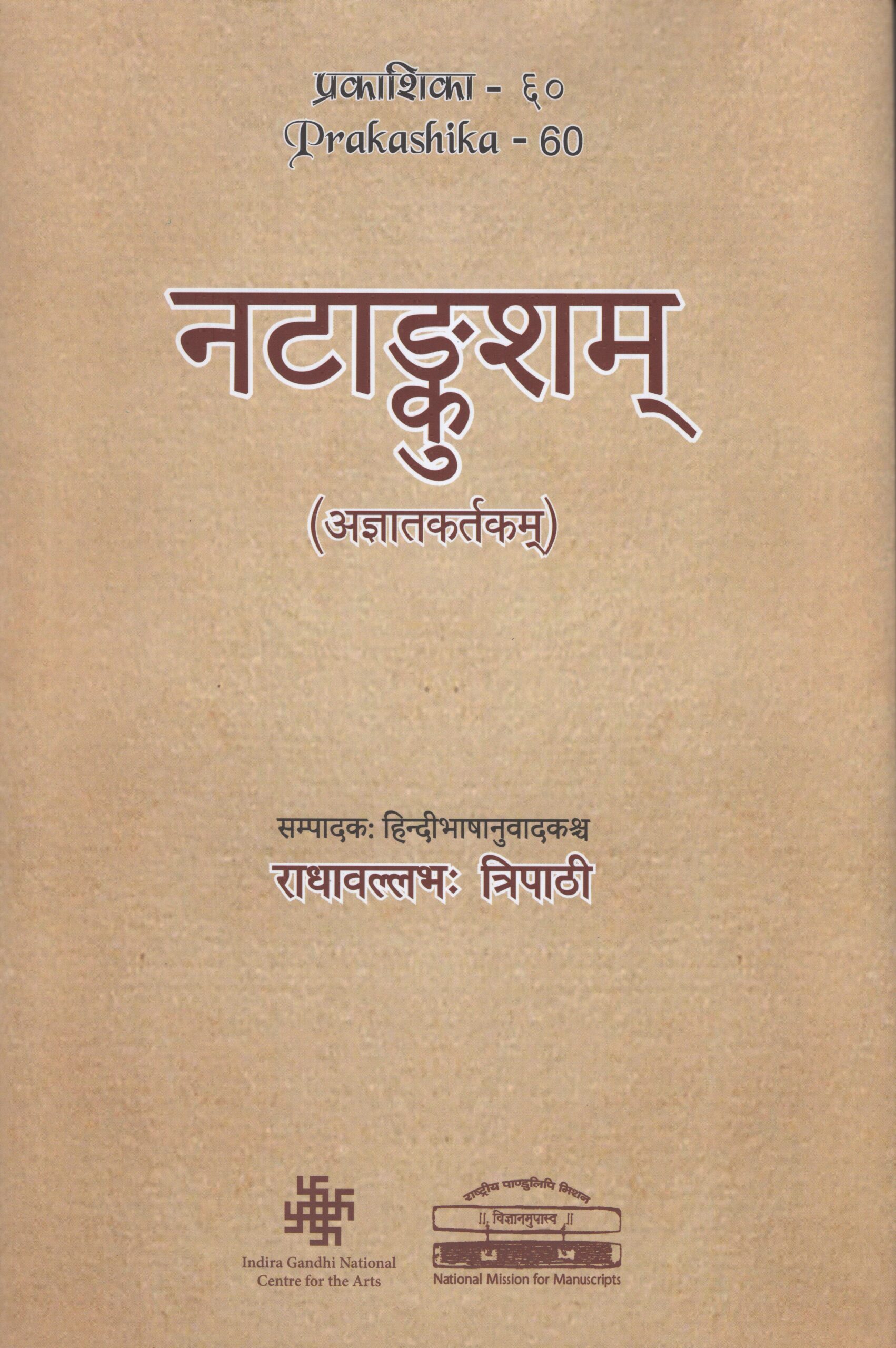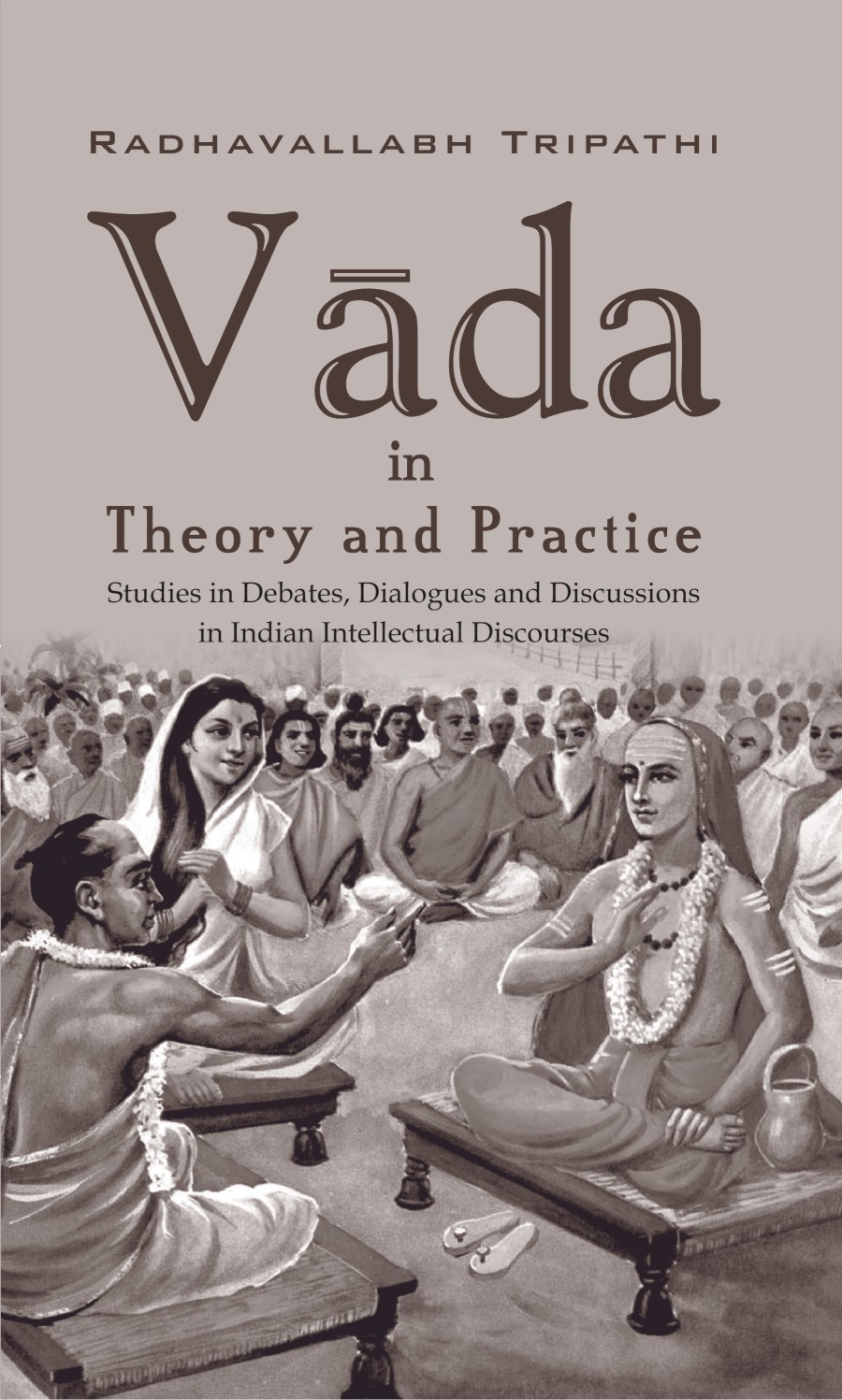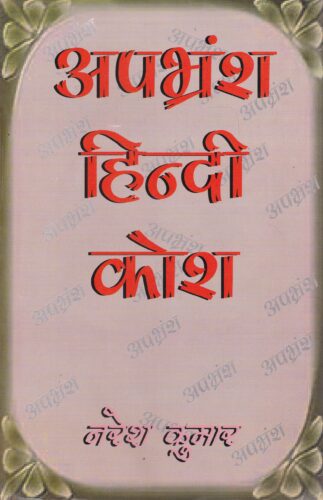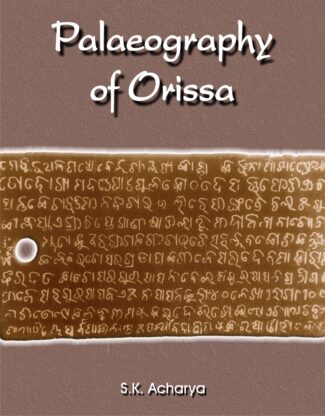

Sixty Years of Sansk...
Sixty Years of Sanskrit Studies (19502010), Vol. 2
Countries other than India by: Radhavallabh TripathiWhile covering the status of Sanskrit studies in 13 countries across the world and bringing forth the challenges the ancient language faces, the articles by the leading international scholars contained in the book urge for understanding the future of Sanskrit studies in the larger context of human culture and as a cementing force in bringing together diverse cultures and civilizations.
Original price was: ₹600.00.₹540.00Current price is: ₹540.00.
ISBN: 9788124606308
Year Of Publication: 2012
Edition: 1st
Pages : vii, 312p.
Language : English
Binding : Hardcover
Publisher: D.K. Printworld Pvt. Ltd.
Size: 23 cm.
Weight: 600
With the popularity of Orientalism in the eighteenth and nineteenth centuries, knowledge of Sanskrit in the Western world led to the emergence of new schools and disciplines for study like, comparative mythology, comparative religion and comparative linguistics, etc. The articles presented in this volume examine the state of Sanskrit studies in universities in different countries of the world (volume 1 presents a survey of Sanskrit studies in universities and institutes in the states/union territories of India).
Covering some 13 countries, the articles herein discuss how some departments, related to the study of religions, in countries like the US have incorporated Sanskrit even as some other universities as those in the UK, US and other parts of the world, have Sanskrit as one of the subjects under other departments. They emphasise the fact that it is not possible to view Sanskrit as an autonomous discipline, providing authenticity to various other branches of learning, but that it has to be considered as a part of the larger framework of the global studies. They point to the emergence of new schools and centres for studies of Sanskrit in various countries. At the same time, they also examine the alarming situation arising because of the erosion or marginalisation of Sanskrit across the world, especially as some Sanskrit departments in reputed universities or institutions of higher learning, are being closed one after the other. They urge for understanding the future of Sanskrit studies in the larger context of human culture while underlining the importance of Sanskrit as a cementing force in bringing together diverse civilisations and cultures.












